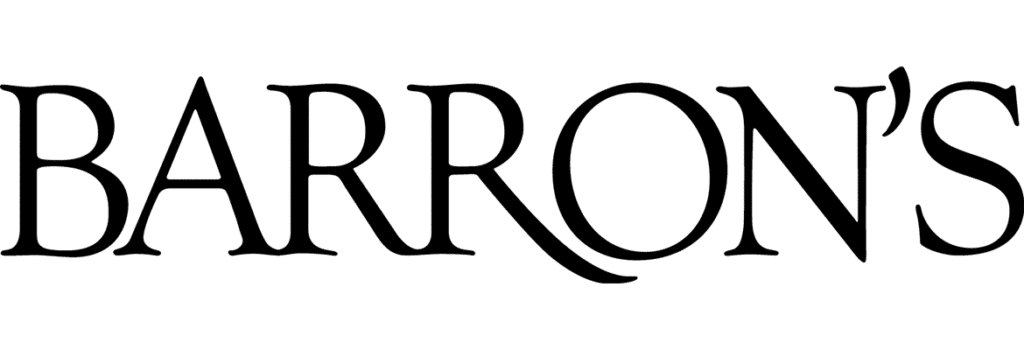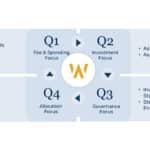Fulfill Your Financial Aspirations
Our wealth advising team can help
optimize your financial life


client experience
We really get to know you
Each relationship revolves around a comprehensive plan built on a thorough understanding of your goals. Our advisors are supported by an internal team of experts dedicated entirely to identifying the best possible investment solutions for clients.
Our Firm at a Glance
$25.26B
Assets Under Management*
1995
Year Founded
300+
professionals
*Reflects combined AUM as of 12.31.2023 for Wealthspire Advisors LLC and its subsidiaries.










2024 1st Quarter Commentary: “In a world drenched in pessimism, it pays to be optimistic.”
With so much emphasis placed on negative headlines, negative developments globally, and the ability to embrace one’s inner negativity, it oftentimes feels like it should …